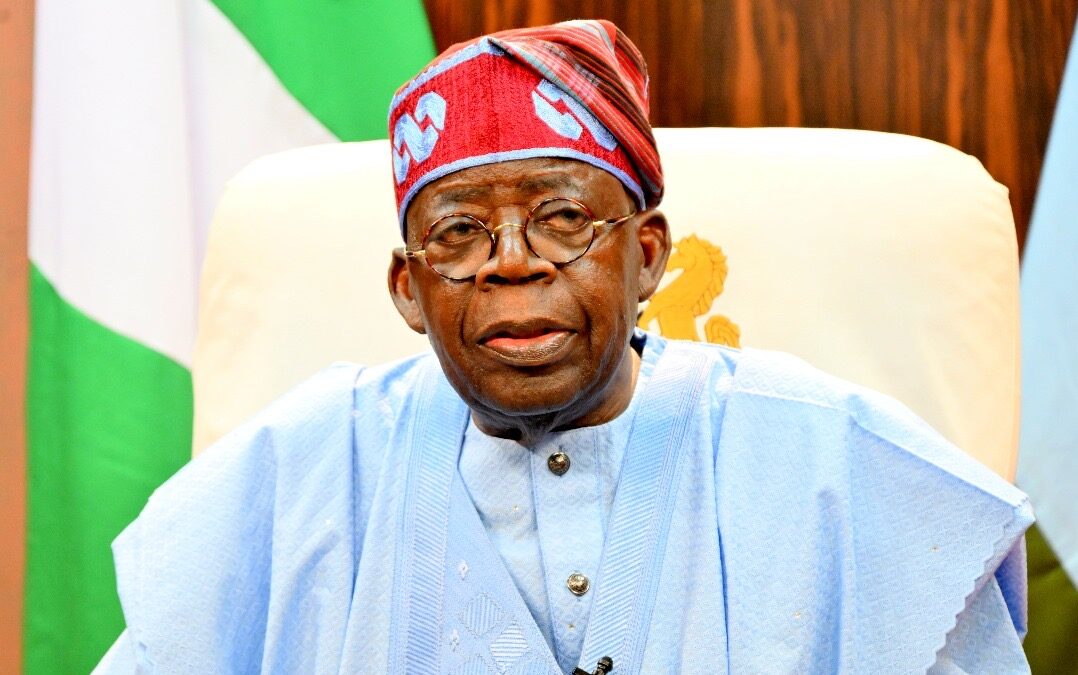President Bola Tinubu’s decision to grant state pardon and clemency to about 50 convicted drug offenders has stirred widespread controversy, with critics warning that it sends mixed signals about Nigeria’s commitment to its anti-narcotics campaign.
The pardoned individuals, part of a broader list of 175 inmates approved for clemency by the Council of State last Thursday, were convicted of offences including drug trafficking, importation, and possession of illicit substances such as cocaine, heroin, cannabis, tramadol, and Indian hemp.
According to the presidency, the clemency followed recommendations by the Presidential Advisory Committee on the Prerogative of Mercy, which cited remorse, good conduct, and acquisition of vocational skills by the beneficiaries.
Some were granted full pardons, while others, including notorious kidnappers and murderers, had their sentences commuted or reduced. The list also includes “illegal miners, white-collar convicts, remorseful drug offenders, foreigners…,” said presidential spokesperson Bayo Onanuga.
“President Tinubu granted clemency to most of them based on the reports that the convicts had shown remorse and good conduct. He forgave some due to old age, the acquisition of new vocational skills, or enrolment in the National Open University of Nigeria (NOUN).”
A PREMIUM TIMES review shows that drug-related offenders made up about 29 per cent of the 175 convicts granted clemency.
Mixed signal for anti-drug agencies
Observers say the pardons may send conflicting signals to Nigeria’s anti-narcotics agencies, especially the National Drug Law Enforcement Agency (NDLEA), which has in recent years ramped up its campaigns against dr
Continue Reading on Premium Times Nigeria
This preview shows approximately 15% of the article. Read the full story on the publisher's website to support quality journalism.
